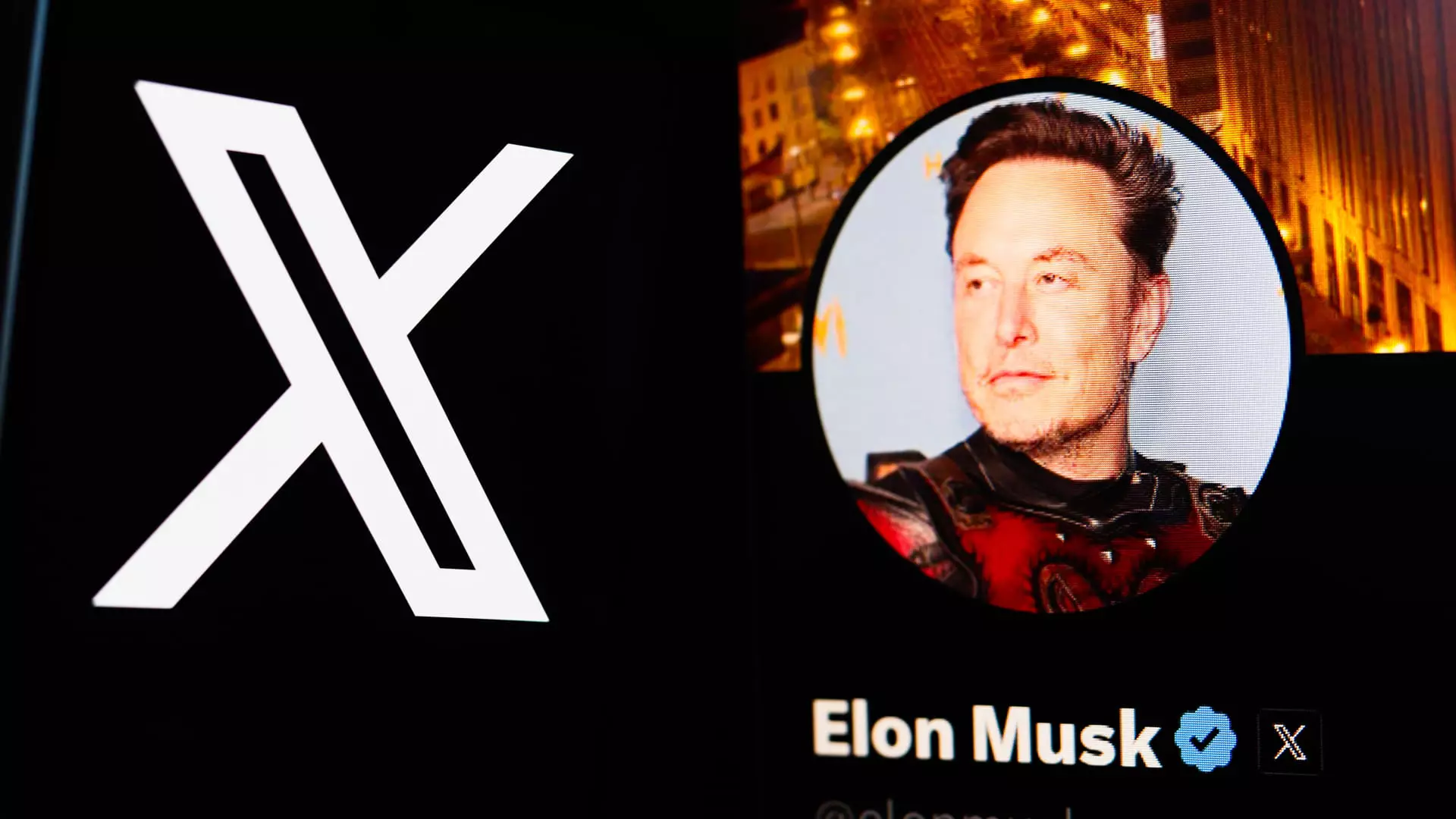In a significant legal maneuver, Brazil’s Supreme Court has mandated a nationwide suspension of Elon Musk’s social media platform, X, previously known as Twitter. This decision stems from the company’s refusal to comply with earlier court directives regarding its content moderation practices and the appointment of a local legal representative. The implications of this ruling are profound, touching on issues of freedom of expression, corporate responsibility, and the broader intersection of technology and law.
The Supreme Court’s ruling, articulated by judge Alexandre de Moraes, reflects Brazil’s legislative framework that requires social media companies to maintain local representatives. These representatives are tasked with managing government requests for content removal, especially concerning disinformation and potential calls for violence. X’s decision to withdraw its personnel from Brazil instead of fulfilling this obligation highlights a critical tension between the platform’s global operations and local legal requirements.
Brazil, with its vast population of over 171 million active social media users, is not just another market; it represents a crucial battleground for social media companies. Hence, the court’s order entails not only a suspension of X but also a punitive measure aimed at any Brazilian users utilizing VPNs to access the platform during this ban. The court’s emphatic stance underscores the seriousness with which it views compliance from foreign tech entities.
Musk’s reaction to the court’s decisions has been nothing short of theatrical. His comparison of de Moraes to Voldemort—the archetypal antagonist from the Harry Potter series—symbolizes not just a personal affront but also a strategic move to rally public sentiment against what he perceives as governmental overreach. Musk’s multifaceted endeavors have often been characterized by a penchant for controversy, and this situation is no exception.
His declaration that “the oppressive regime in Brazil is so afraid of the people learning the truth” reflects a broader narrative he uses to portray himself as a liberator against perceived tyranny. However, this portrayal begs the question: does Musk’s battleground against the Brazilian judicial system truly encapsulate the defense of free speech, or is it a veil for his corporate non-compliance? The criticism against his stance raises concerns about the responsibilities of global corporations in adhering to local laws designed to ensure safety and accountability.
The implications of this suspension resonate through the economic corridors of Musk’s businesses. Brazil represents a sizeable market for X, especially in the context of recently troubled revenues attributed to Musk’s sweeping changes post-acquisition. The departure of significant advertisers in light of controversial content governance adds another layer of complexity to this situation. The World Bank’s decision to halt its advertisements on the platform due to association with extremist content exemplifies the severe repercussions that come from reckless non-compliance.
With municipal elections on the horizon, the atmosphere is charged, and the stakes are higher than mere corporate profits. Political actors may exploit these disruptions for their agendas, potentially influencing public discourse and electoral outcomes. This scenario transforms X from just a social media platform into a pivotal player in socio-political dialogues—making its compliance with local laws not just a legal issue, but also a strategic necessity.
Musk’s challenges in Brazil illuminate a larger discussion around the influence of social media in international contexts, especially concerning governance and corporate responsibility. As social media becomes increasingly interwoven with political and social structures, the expectation for platforms like X to adhere to local laws becomes non-negotiable. Countries around the globe are now wrestling with similar challenges, looking to balance the benefits of technological advancements against the need for public safety and governance.
The tension between Musk and Brazil’s legal framework is emblematic of a larger struggle between global tech organizations and sovereign governance. As this dynamic evolves, it suggests that the future may require a rethinking of how such companies navigate legal compliance versus their operational ethos. The recent events serve as a catalyst for critical discussions about accountability, freedom, and the role of corporate power in the digital age.
As the situation between Elon Musk’s X and Brazil unfolds, observers worldwide are keenly watching the interaction of technology, law, and society. The impending suspension highlights the complexities that arise when global enterprises clash with local legal frameworks. While Musk’s defiance may resonate with a certain demographic, the ramifications of this drama cannot be underestimated, especially within Brazil’s vibrant democracy. The outcome of this confrontation may well set a precedent for future interactions between domestic laws and international corporations, shaping the narrative of digital governance for years to come.

